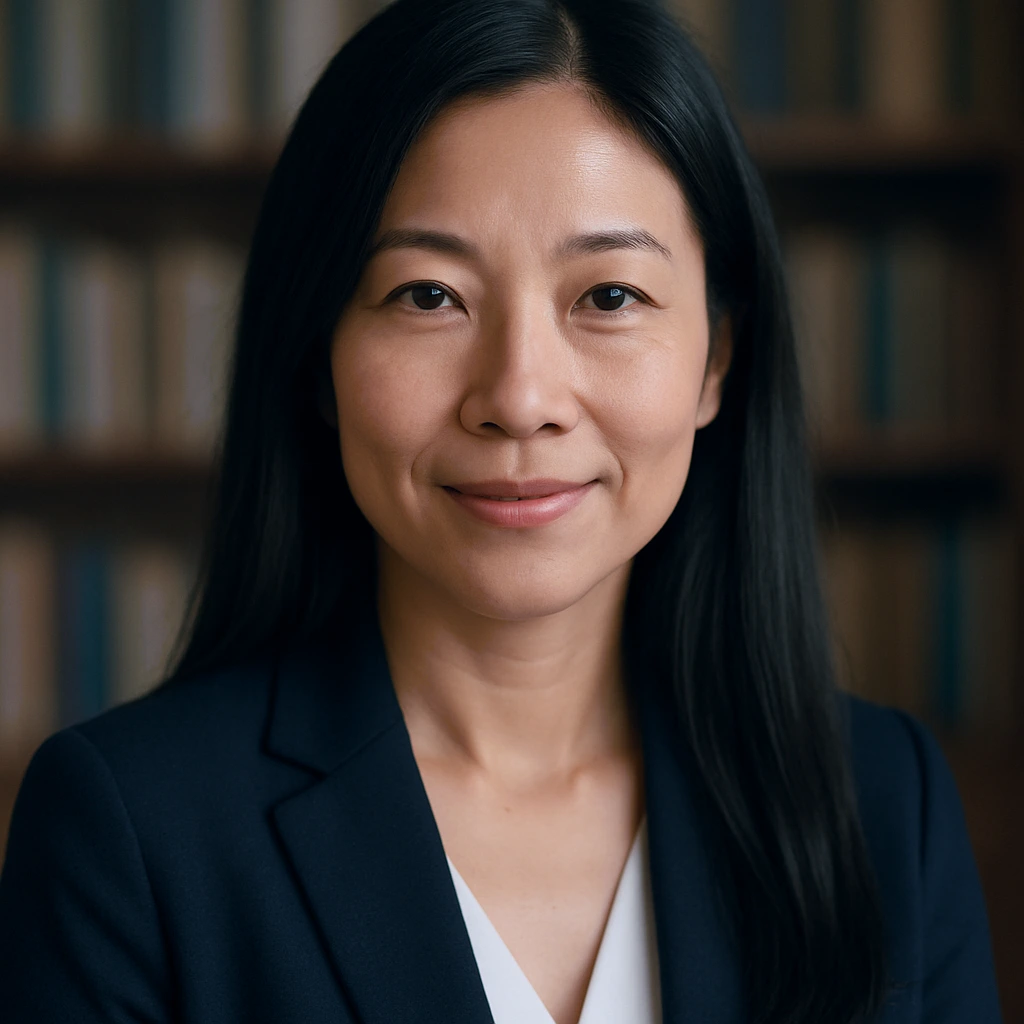AI Scientists Could Win Nobel Prizes by 2050
Researchers debate whether autonomous AI scientists could achieve Nobel-worthy breakthroughs by mid-century, with some predicting success as early as 2030.
Artificial intelligence (AI) is making strides in scientific research, with models now capable of analyzing data, designing experiments, and even formulating new hypotheses. Some researchers believe AI could rival the greatest scientific minds within decades, potentially earning a Nobel Prize by 2050—or even sooner.
The Nobel Turing Challenge
In 2016, biologist Hiroaki Kitano proposed the Nobel Turing Challenge, aiming to develop an AI system that could make discoveries on par with top human researchers. The goal is an autonomous AI scientist that can generate hypotheses, plan experiments, and analyze data without human intervention.
Ross King, a chemical-engineering researcher at the University of Cambridge, predicts AI could achieve this feat within 10 to 50 years. "I think it’s almost certain that AI systems will get good enough to win Nobel prizes," he says.
AI’s Current Role in Science
AI is already assisting scientists in various fields:
- Decoding animal speech (link)
- Predicting protein structures (e.g., AlphaFold, which won a Nobel Prize for its creators)
- Planning chemical reactions (e.g., Coscientist, an AI system that executes lab experiments)
Gabe Gomes, a chemist at Carnegie Mellon University, highlights Coscientist’s ability to perform computational chemistry tasks thousands of times faster than humans.
The Three Waves of AI in Science
Sam Rodriques, CEO of FutureHouse, outlines the evolution of AI in research:
- Collaborative AI: Assists humans with specific tasks (e.g., data analysis).
- Hypothesis-Generating AI: Scours literature and data for new insights.
- Autonomous AI: Designs and conducts experiments independently.
James Zou, a Stanford researcher, demonstrated an AI system that identified overlooked biological patterns in COVID-19 data. He’s also organizing Agents4Science, the first AI-only scientific conference, where AI agents will write and review papers.
Challenges and Risks
Despite progress, hurdles remain:
- Hallucinations: AI models sometimes generate false information.
- Funding: Greater investment could accelerate breakthroughs.
- Ethics: Autonomous AI raises questions about accountability and safety.
Rodriques believes AI could make Nobel-worthy discoveries by 2030, particularly in materials science or disease research. However, skeptics argue current AI lacks true creativity and relies too heavily on existing knowledge.
Credit: Jonathan Nackstrand/AFP via Getty for AlphaFold Nobel Prize image
Related News
OpenAI CEO discusses AI ambitions with UAE president
OpenAI's CEO met with UAE's president to discuss AI cooperation and the country's goals in artificial intelligence research and applications
Alibaba CEO Outlines AGI and ASI Vision Driving $28B Market Rally
Alibaba's CEO Eddie Wu detailed the company's AGI and ASI strategy at the Yunqi Conference, sparking a $28 billion market rally and outlining AI's future impact.
About the Author

Dr. Sarah Chen
AI Research Expert
A seasoned AI expert with 15 years of research experience, formerly worked at Stanford AI Lab for 8 years, specializing in machine learning and natural language processing. Currently serves as technical advisor for multiple AI companies and regularly contributes AI technology analysis articles to authoritative media like MIT Technology Review.